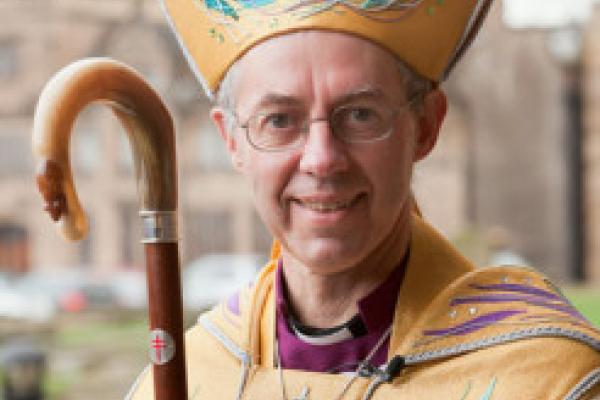Tumult in Egypt reminds me how complicated the world can be, especially for a culture like our own that is shaped by good guy vs. bad guy dramas.
Who are the “good guys” in Cairo? Is the ousted president a good guy for being democratically elected or a bad guy for pursuing isolationist Islamic policies? Is the military saving Egypt or preserving privileges?
It isn’t just the inherent complexity of any human situation. It’s the complexity of societies that have rules and histories quite unlike our own.
A fledgling organization that opposed the Boys Scouts of America’s decision to accept openly gay Scouts announced Tuesday it will launch an alternative group with a Christian worldview.
“It’s our vision to be the premiere national character development organization for young men which produces godly and responsible husbands, fathers, and citizens,” announced Rob Green, interim executive director of the as-yet-unnamed organization.
“The organization’s membership policy will focus on sexual purity rather than sexual orientation,” Green said in a conference call with reporters.
John Stemberger, founder of OnMyHonor.net, which opposed the BSA policy change, differentiated between the inclusiveness of the BSA and the new organization.
The organization representing Catholic hospitals across the country says it no longer objects to the Obama administration’s mandate that all employees receive free birth control coverage.
The decision by the Catholic Health Association puts the hospitals at odds with the Catholic hierarchy, which last week rejected the White House’s final regulations on an issue that many church conservatives view as evidence of the administration’s hostility to Catholicism and religious freedom.
Sister Carol Keehan, head of the CHA, disagreed. “If you look at the final regulations it is very clear that we do not have to contract for, or pay for, or arrange for” contraception coverage, Keehan said in an interview on Tuesday.
“It was really important that this be workable from a legal and theological perspective,” she added. “That’s what we believe we have achieved.”
CANTERBURY, England — The Church of England’s governing body reaffirmed its commitment to consecrate women bishops with the aim of reaching final approval on an issue that has for so long split the church’s ranks no later than November 2015.
Meeting in York July 5-9, the General Synod agreed to consider new draft legislation by November this year.
This is the first time synod members have met since November 2012, when to the surprise of most of the British public, draft legislation to create women bishops narrowly failed to secure the requisite majority.
The organization representing Catholic hospitals across the country says it no longer objects to the Obama administration’s mandate that all employees receive free birth control coverage.
The decision by the Catholic Health Association puts the hospitals at odds with the Catholic hierarchy, which last week rejected the White House’s final regulations on an issue that many church conservatives view as evidence of the administration’s hostility to Catholicism and religious freedom.
Sister Carol Keehan, head of the CHA, disagreed. “If you look at the final regulations it is very clear that we do not have to contract for, or pay for, or arrange for” contraception coverage, Keehan said in an interview on Tuesday.
Producers of the latest reboot of the Superman franchise famously marketed the movie to Christian audiences. Makers of the new Lone Ranger movie, not so much.
There’s a reason for that. If Man of Steel panders to Christians, in The Lone Ranger, Christians are portrayed as unattractive, ineffectual, hateful or flat-out hypocritically evil.
Like so much in this mess of a movie, it’s an ingredient that doesn’t make a ton of sense.
Dear Liberty University,
I want to write truthfully about God. I know many will find that an odd way to begin a letter about U.S. drone warfare, but I see no other way. This morning, I was discouraged to read that Liberty University has been training Christians to pilot armed U.S. drones since 2011 in your School of Aeronautics (SOA). The reasons for my discouragement are many — not least of which is the idea that Liberty graduates can somehow "serve the Lord" by targeting and killing their neighbors. Here, I would like to outline some of my concerns in detail with the hope that Liberty might reconsider, or at least restate theologically, its position regarding U.S. drone warfare.





